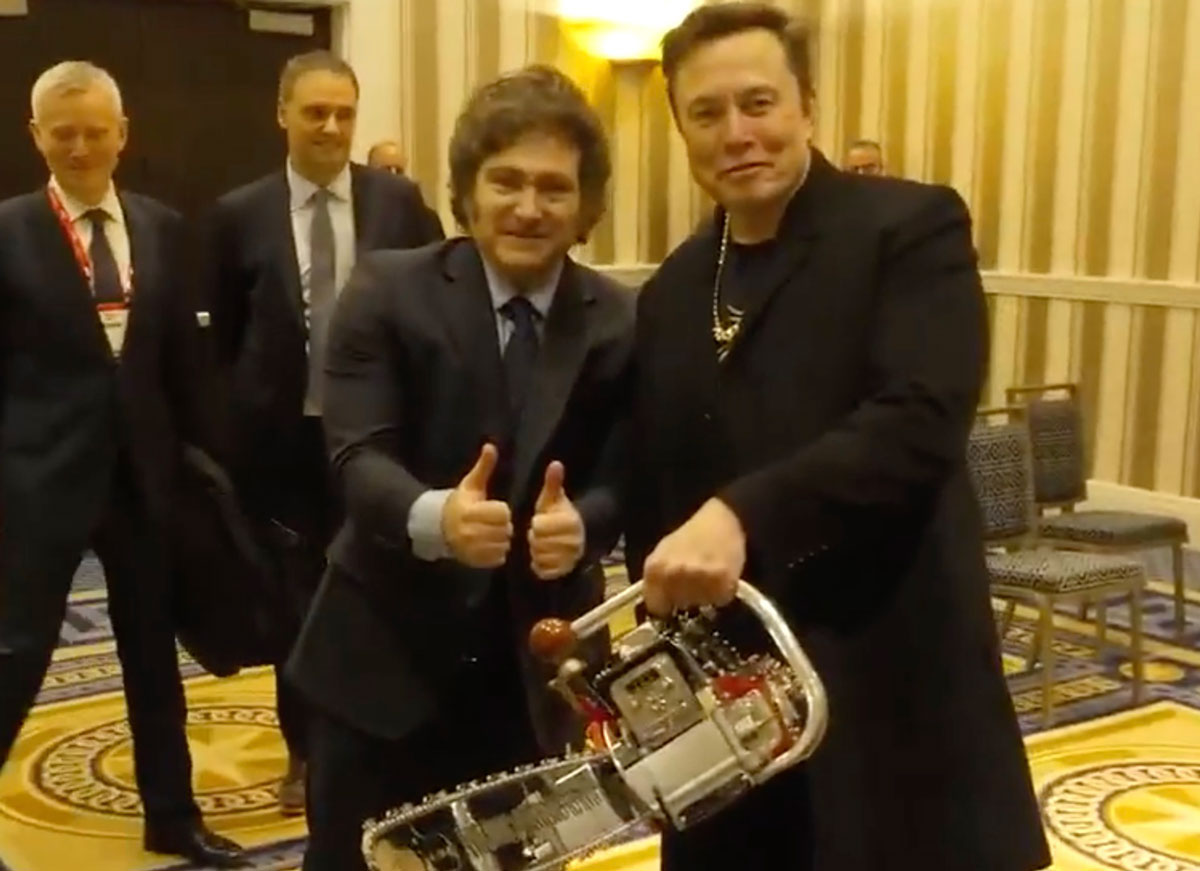Lab-Grown Meat Company Sues Florida Over Its ‘Frankenmeat’ Ban
The California company, Upside Foods, sued the state of Florida over its ban on lab-grown meat.
During an event on May 1, Florida Gov. Ron DeSantis (R-Florida) signed a ban on selling and distributing lab-grown meat in Florida. The governor said he wanted to “save our beef” from the “global elite” and its “authoritarian plans.”
“Florida is fighting back against the global elite’s plan to force the world to eat meat grown in a petri dish or bugs,” he said. During the event, DeSantis highlighted his opposition to the idea he believes seeks to eliminate meat production in America and the world.
The Florida governor mentioned that “in the state of Florida, we’ve put down the marker very clearly; we stand with agriculture. We stand with the cattle ranchers.” The ban on lab-grown meat took effect in July.
Upside Foods grows meat, poultry and seafood from animal cells in facilities regulated and inspected by the U.S. Department of Agriculture and the U.S. Food and Drug Administration.
On August 12, the company filed a lawsuit in the U.S. District Court for the Northern District of Florida. The lawsuit claims that Florida’s ban violates the Constitution’s Supremacy and Commerce clauses and two federal laws regulating the inspection and distribution of meat products.
“Our Constitution gives Congress the power to create and enforce a national common market so people can make decisions for themselves about what products they want to buy in the interstate market,” Paul Sherman, a senior attorney at the Institute for Justice, Upside’s legal representative, stated during a news conference.
“We’re not looking to replace conventional meat, which will always have a place on our tables,” Uma Valeti, a cardiologist who founded the lab-grown meat company in 2015, stated during a conference call with reporters. “We want to give consumers a choice, a choice so they can eat cultivated meat or conventional meat, any choice they can make in the future to keep up with the demand for meat that will double by 2050.”
The suit also targeted the ban’s more significant implications, saying that it could set a dangerous precedent for other states to follow, possibly stalling the growth of the lab-grown meat industry across America.
“Upside doesn’t want to force anyone to eat cultivated meat,” the suit read. “But it does want the opportunity to distribute its product to willing consumers so that those consumers can decide for themselves whether Upside’s product is worth eating. And Upside has a right to do so because SB 1084 is unconstitutional.”
Currently, Florida’s new law makes it a second-degree misdemeanor to manufacture or sell lab-grown meat in the Sunshine State, punishable by up to 60 days in jail—a penalty Upside Foods claims is both unjust and detrimental to innovation in the food sector.
Florida’s Agriculture Commissioner Wilton Simpson, who is named as a defendant in the lawsuit, further defended the ban, arguing that lab-grown meat is “not proven to be safe enough for consumers” and is part of a “liberal agenda to shut down farms.”
“Food security is a matter of national security, and our farmers are the first line of defense,” he said in the statement. “As Florida’s commissioner of agriculture, I will fight every day to protect a safe, affordable and abundant food supply. States are the laboratory of democracy, and Florida has the right to not be a corporate guinea pig. Leave the ‘Frankenmeat’experiment to California.”
Supporters of lab-grown meat claim that it might reduce environmental impacts, improve food security, and eliminate the need for animal slaughter.
DeSantis has been busy enacting a right-wing agenda. He signed into law a six-week abortion ban back in April 2023, hours after Florida’s Republican-controlled legislature passed the measure.
On April 16, DeSantis signed an education bill that rolled back some of his earlier legislation, which led to Florida being known as the book ban capital of the U.S.
RELATED ARTICLES
Get the most-revealing celebrity conversations with the uInterview podcast!







Leave a comment